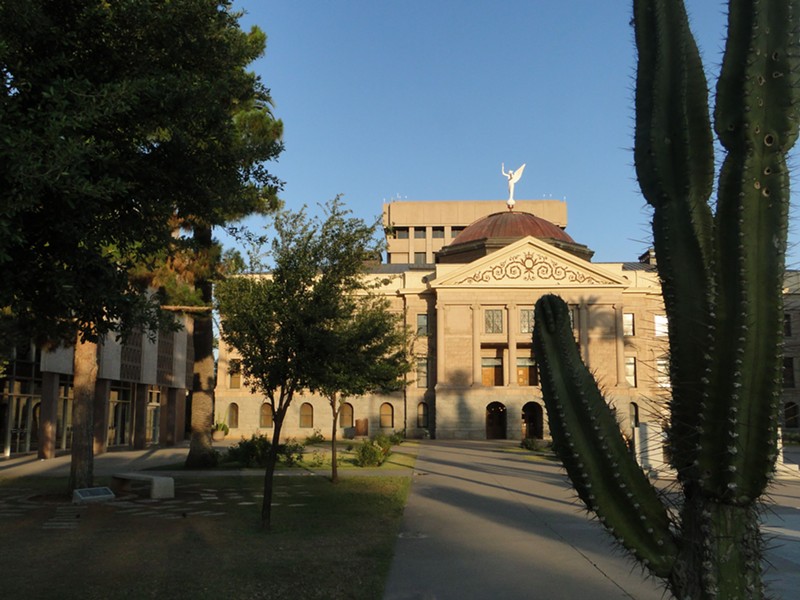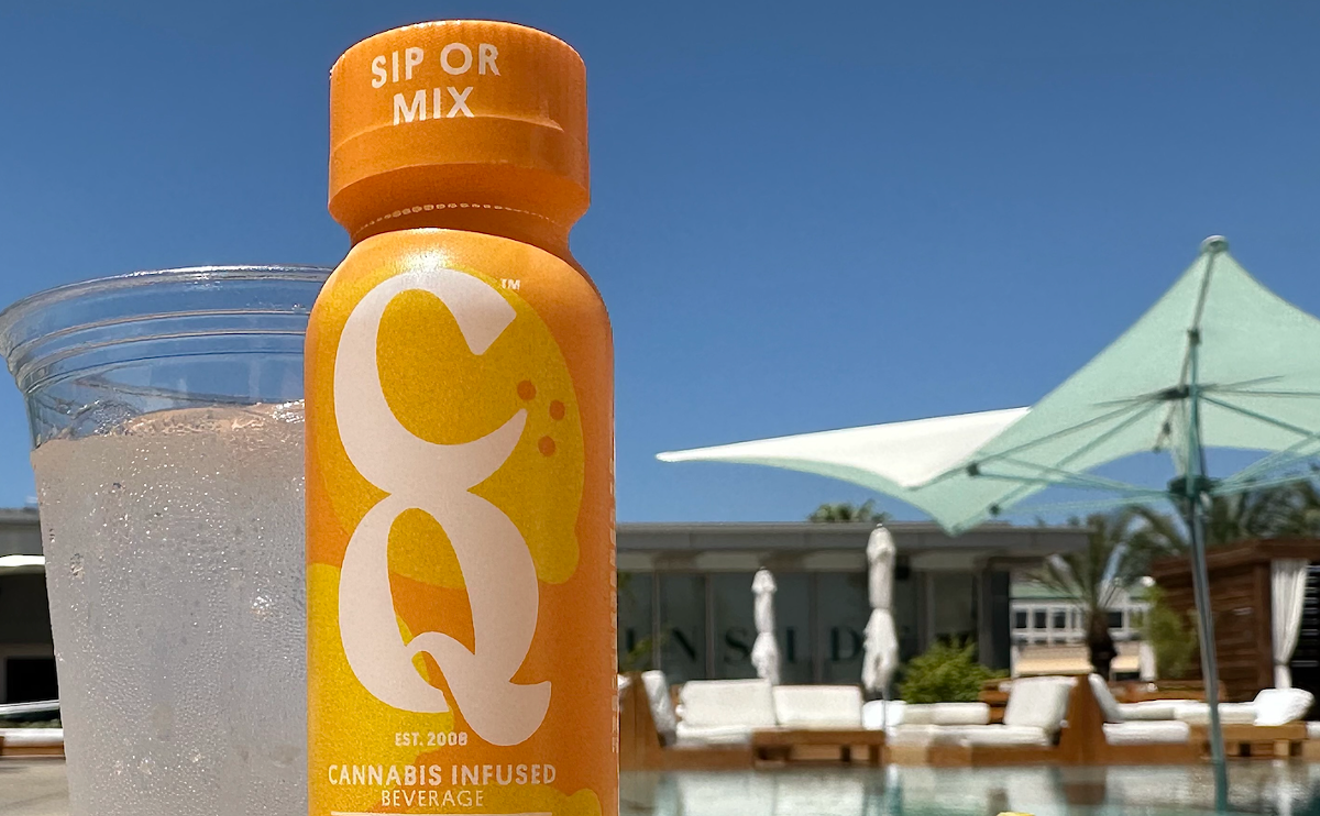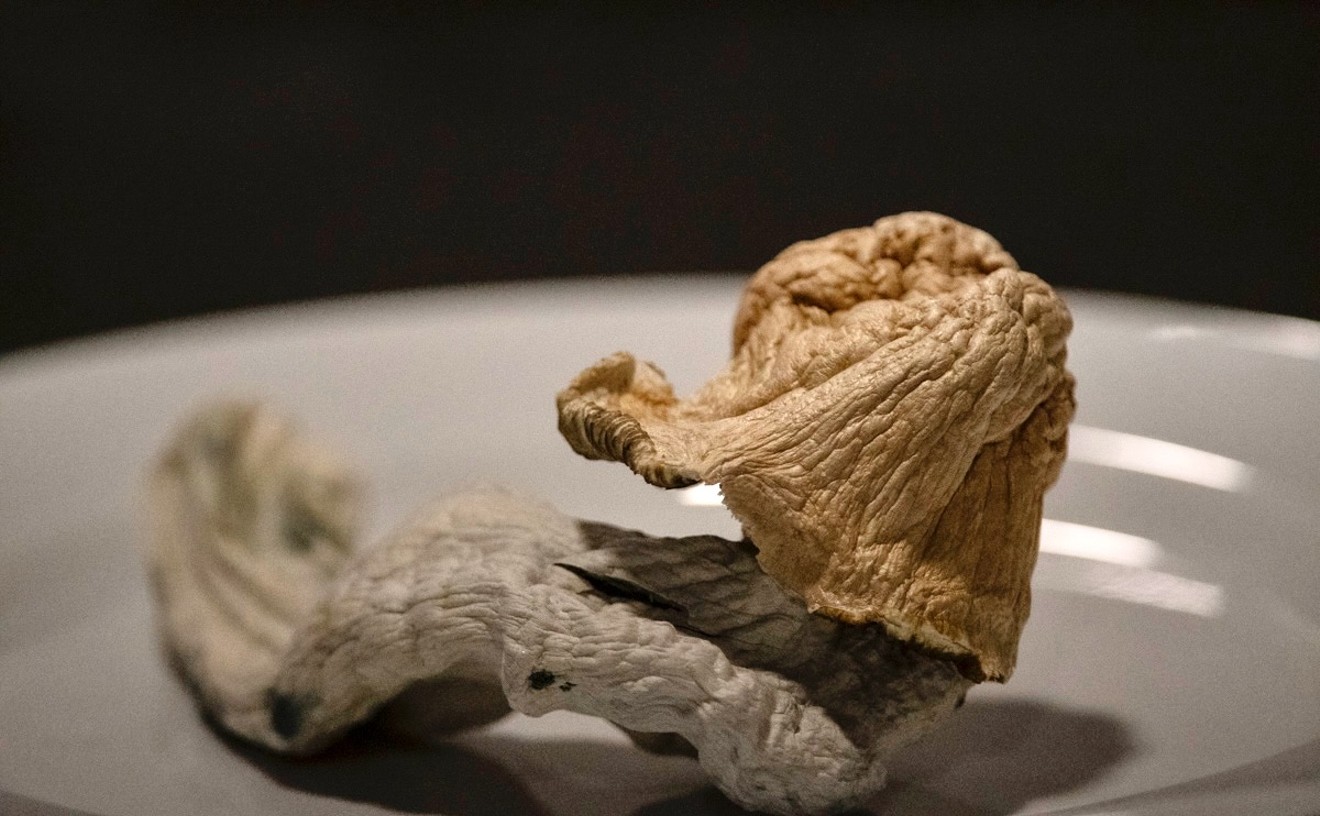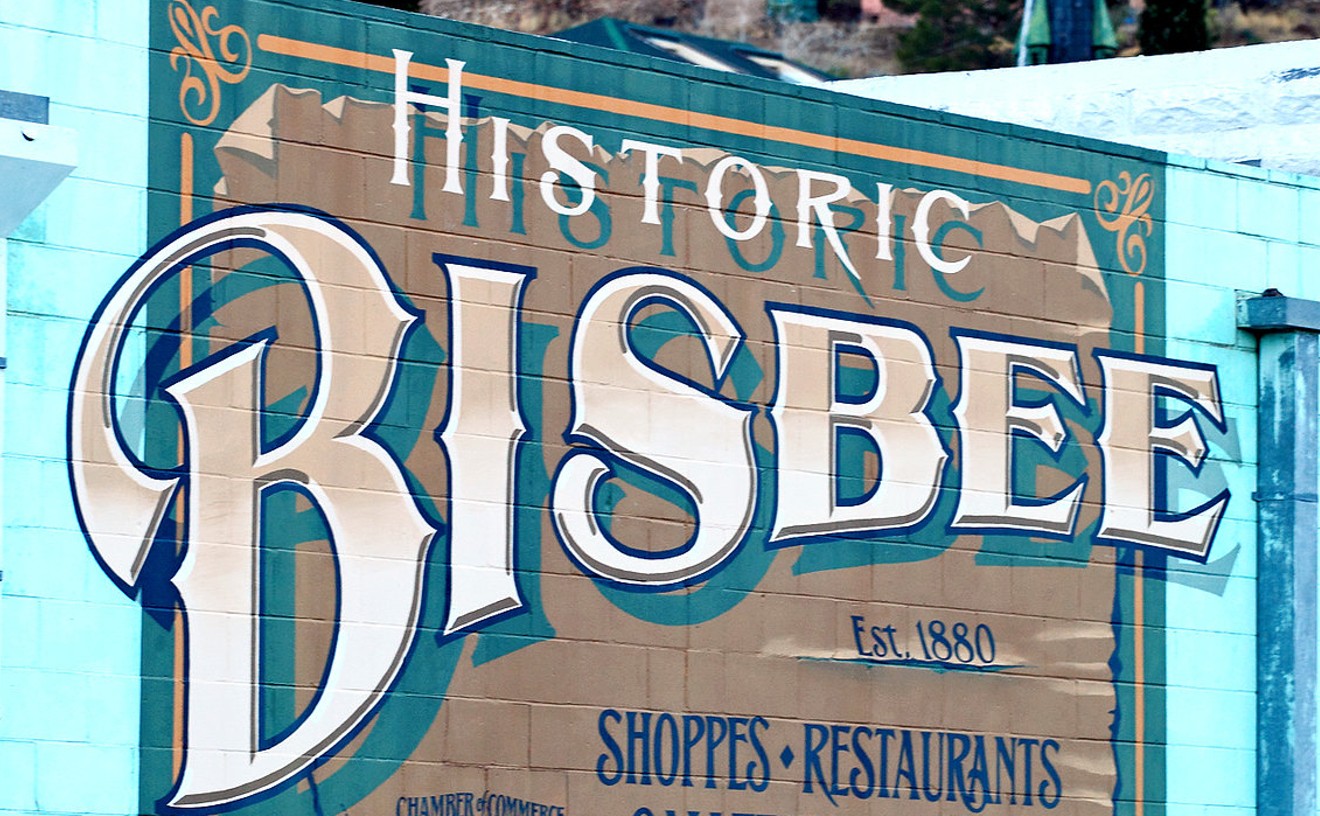If Alicia Deals, one of the 26 social equity license holders, can’t secure a properly-zoned building for her cannabis company and apply for approval to operate within 18 months, the Arizona Department of Health Services will revoke her license.
But many cities in Arizona, including the most centrally located and lucrative, only allow dual-licensed dispensaries to operate. Social equity licenses only cover recreational sales.
A bill that would have solved zoning woes for social equity license holders by awarding dual licenses failed in the Arizona House of Representatives on June 23. That happened after seeing opposition from the Arizona Dispensaries Association as well as from United Food and Commercial Workers and the League of Arizona Cities and Towns.
House Bill 2050 was never explicitly a social equity bill, but its demise gave way to frustration among social equity license holders and industry lobbyists who claim the ADA and its members had anticompetitive motives.
The ADA has been in opposition to the bill since the strike-everything amendment was introduced in late March and held its position when two amendments covering dual licenses, testing regulations and whistleblower protections took effect late in the session.
But advocates claim the ADA killed the bill to keep social equity applicants and other dispensaries out of markets like Phoenix and Tucson.
Deals, who originally was hoping to start a store in Phoenix, is now seeking an exemption from the city with the help of a zoning attorney. She said since winning the license, it’s been hurdle after hurdle, but the failure of HB 2050 was especially disappointing.
“It was our biggest setback,” Deals said in an interview with Phoenix New Times on June 30.
Legislation fails after turbulent session
HB 2050 did not reach its final form until late in the legislative session, though it did not appear out of the blue.
A strike-everything amendment in late March turned the bill from a telecommunications provision to mirror legislation of an earlier failed bill, Senate Bill 1402, which would have allocated medical marijuana licenses to rural dispensaries.
Final amendments from State Senator David Gowan, a Sierra Vista Republican, and State Senator Rebecca Rios, a Phoenix Democrat, were introduced and passed on the Senate floor on June 14.
Gowan’s amendment made it so any dispensary could obtain dual licensing, allowing sales to both medical and recreational patients. It also expanded marijuana testing trials, introduced a secret shopper program, and protected whistleblowers reporting noncompliance.
Rios’ amendment tightened testing standards and waived medical card fees for veterans.
The final version of the bill passed the Senate 25-2. But on the House floor, support took a swift downturn. The legislation ultimately failed 34-24.
The ADA was against the legislation since the strike-everything amendment was introduced.
In an earlier interview with New Times, Lauren Niehaus, director of government relations at Trulieve and board member of the ADA, said license authority would be best left with the ADHS. She noted there was nothing preventing “others from seeking more licenses via statute.”
In the hours before the vote, legislators heard from organizations lobbying against the bill. The League of Arizona Cities and Towns, on direction from ADA lobbyist Pele Fischer in an email, warned lawmakers of new dispensaries popping up on every corner as a result of the bill.
The ADA did not respond to New Times' requests for additional comment.
The UFCW, the food workers' union, also sent messages to some Democrats saying the legislation would fail to support social equity applicants and claimed it would step in to assist with zoning challenges.
UFCW did not respond to a New Times request for comment.
The National Organization for the Reform of Marijuana Laws in Arizona was initially neutral on the bill but logged in to support Gowan and Rios’ amendment. In a Twitter thread addressing the bill’s failure, NORML emphasized the impact on social equity license holders, medical patients, and marijuana testing procedures.
“If you are furious, you should be. We are here to name names,” the tweet read. It went on in the thread to list the Arizona Dispensaries Association, Curaleaf AZ, Trulieve, and D2 Dispensary, located in East Tucson.
Mike Robinette, executive director of Arizona NORML, said the bill would have put social equity license holders on equal footing with other dispensaries in the market. As it stands, license holders have “a second class license,” he said, because of their inability to sell to medical patients.
Medical marijuana sales continue to make up a sizable portion of the market. In May 2022, medical marijuana brought in over $4.5 million in revenue, and recreational pot brought in $6.3 million, according to the Arizona Department of Revenue.
Challenges remain for social equity license holders
Abel Ochoa, founder of Desert Boyz, also holds a social equity license. He originally wanted to open his dispensary across the street from a restaurant his father owns and operates in south Phoenix. He’s now searching for properties in places like Globe and El Mirage.
“They've made us have to be a part of certain ZIP codes to be a part of social equity," Ochoa said in an interview with New Times on June 30. "And for us not to be open in the ZIP code that we're actually located in, to know that we're pushed out, it puts a damper on a lot of the plans.”
Shonae Johnson, owner of Dynamic Trio Holdings and a social equity license holder, is also looking for other areas to set up shop. After securing approval to operate, she hopes to eventually move into a more central market, she told New Times on June 30.
"We definitely have a couple locations that we sourced that are not ideal,” Johnson said. “Basically, it allows us to fulfill the requirement to open.”
Because of the way the legislation took shape, through strike-everything and Senate floor amendments, input from social equity license holders themselves was essentially nonexistent.
“We need to make sure that we're more aware of what is happening on our behalf, what can hurt us or help us,” Johnson said. “So we can be involved from the beginning and not at the end of the game.”
Deals launched a GoFundMe page a week after the vote. She’s gone through the process without help from large cannabis companies because they would not support her ultimate vision.
She wants her company, Life Changers Investments, to reinvest in her community in south Phoenix.
Deals wrote she hopes to provide jobs and fund community outreach focused on youth education, unsheltered individuals, and formerly incarcerated people.
The inability to take root in her own community is especially frustrating. But Deals is not giving up.
“There are people that have seen the harshest side of marijuana,” she said. “That's why I'm so desperately motivated to succeed with this business and to keep it with the intention of the program.”












